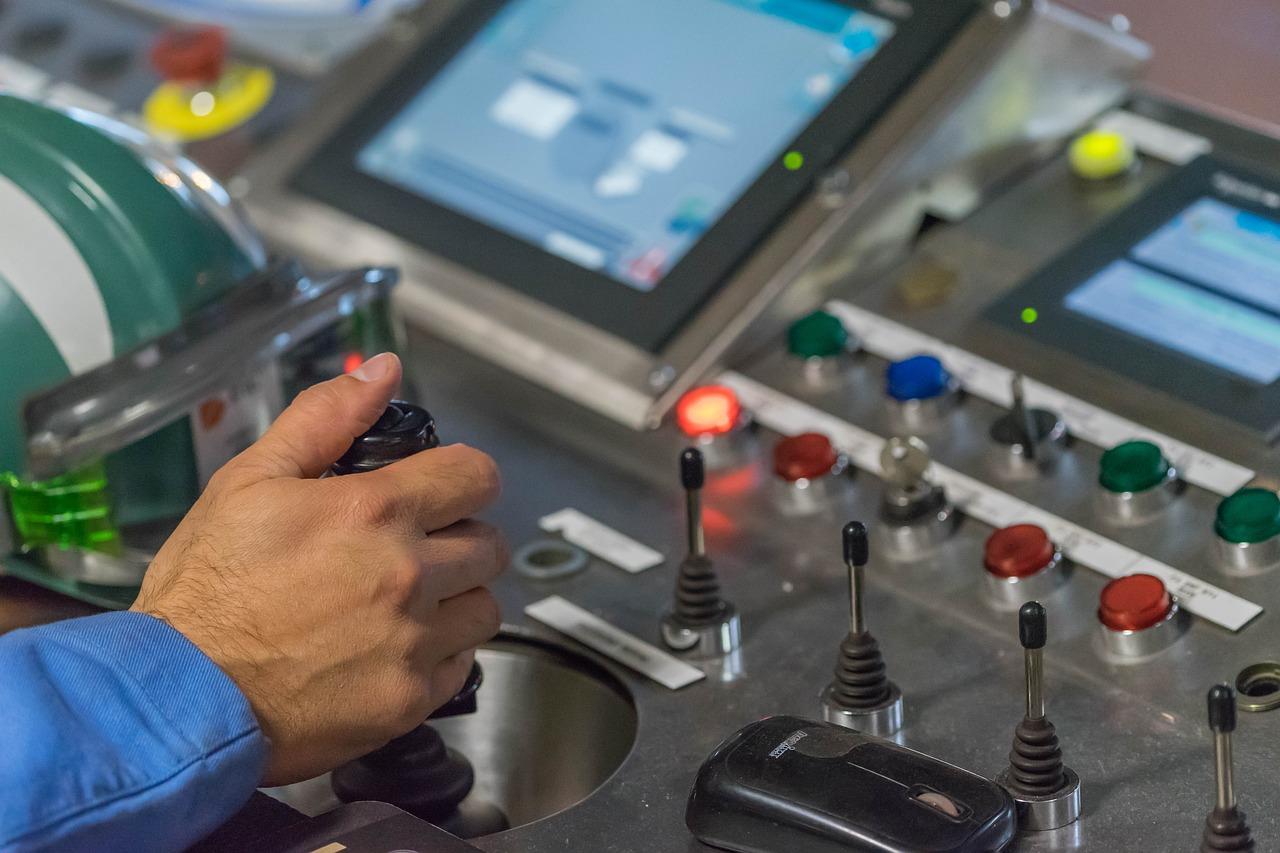Industrial PLC programming is the backbone of modern automation systems, driving efficiency and precision across industries. From manufacturing plants to energy management systems, programmable logic controllers (PLCs) ensure that machines and processes operate smoothly and reliably. Understanding the significance of industrial PLC programming, its applications, and its benefits is essential for businesses striving to optimize their operations.
What is Industrial PLC Programming?
Industrial PLC programming involves designing and coding the instructions that control PLCs. These devices act as the “brain” of an industrial system, automating everything from assembly lines to HVAC systems. Using various programming languages like Ladder Logic, Structured Text, or Function Block Diagram, PLCs are configured to execute specific tasks reliably and efficiently.
PLCs are durable, highly flexible, and capable of processing real-time data, making them ideal for industrial use. They can monitor inputs such as sensors, analyze data, and trigger appropriate outputs like motors or alarms. Well-executed PLC programming ensures uninterrupted operations and streamlines complex industrial processes.
Applications of Industrial PLC Programming
Industrial PLC programming is used in a wide range of industries, playing a key role in automation and process control. Some common applications include:
1. Manufacturing and Production
Factories rely heavily on PLCs to manage tasks such as assembly lines, robotic arms, and conveyor belts. By automating repetitive processes, PLC programming ensures consistency, speed, and quality across production.
2. Energy Management
Power plants and utilities use PLCs to regulate energy production and distribution. For example, PLCs can automate power grid management, optimize energy usage, and ensure the safety of equipment.
3. Water Treatment Plants
Water treatment facilities depend on PLCs to control flow rates, chemical dosing, and filtering processes. Precise PLC programming helps maintain water quality and environmental standards.
4. Packaging Systems
PLCs are essential in packaging industries, where they control labeling, wrapping, and sealing machinery. This level of precision ensures products are packaged efficiently and meet compliance regulations.
5. Transportation and Logistics Automation
From airport baggage handling systems to automated warehouses, industrial PLC programming enables seamless operations. It ensures equipment coordination and reduces human error in logistics.
Why Industrial PLC Programming is Essential
Industrial PLC programming serves as a critical component of efficient and cost-effective automation. Here’s why it’s indispensable:
- Reliability: PLCs are designed to operate reliably even in harsh industrial environments. Correct programming minimizes downtime and maintains productivity.
- Flexibility: Changes in manufacturing processes or product designs can be seamlessly incorporated through reprogramming.
- Precision: Accurate control of machinery leads to better product quality and reduced waste.
- Safety: A well-programmed PLC improves workplace safety by automatically shutting down equipment during malfunctions or emergencies.
Benefits of Industrial PLC Programming
Investing in industrial PLC programming offers numerous benefits to businesses looking to stay competitive. These include:
1. Cost Savings
Automation reduces the need for manual labor and minimizes human errors that can lead to costly mistakes. Over time, businesses can lower operational costs significantly.
2. Improved Productivity
With industrial PLC programming, machines and processes can operate continuously with minimal downtime. This fast-paced, consistent performance boosts overall productivity.
3. Customization
PLCs can be programmed to meet the specific needs of a business, making it easier to adapt to changing demands without significant equipment upgrades.
4. Data Monitoring and Analysis
Modern PLCs collect and monitor data in real time, allowing businesses to make informed decisions for process optimization and equipment maintenance.
Xtreme Automation LLC Can Enhance Your Systems
Choosing the right partner for your industrial PLC programming needs is crucial to achieving optimal automation. Xtreme Automation LLC specializes in delivering customized PLC programming solutions for businesses across industries.
With a team of experienced engineers and a commitment to innovation, Xtreme Automation LLC ensures your systems are designed to maximize efficiency. Whether you need expertise in ladder logic programming, system integrations, or upgrades to existing machinery, their services are tailored to meet your specific goals.
By partnering with Xtreme Automation LLC, businesses can enjoy peace of mind knowing that their automation projects are in expert hands. From the initial design to ongoing support, they provide end-to-end services to help you succeed.
Future Trends in Industrial PLC Programming
The field of industrial PLC programming continues to evolve, driven by advancements in technology. Some emerging trends include:
- Integration with IoT: PLCs are being connected to the Internet of Things (IoT), enabling remote monitoring and control. This technology offers enhanced flexibility and convenience.
- AI-Powered Automation: Incorporating artificial intelligence into programming will improve predictive maintenance and decision-making in industrial settings.
- Edge Computing: Moving computations closer to data sources, edge computing reduces latency and enables real-time responses in automation systems.
Final Thoughts
Industrial PLC programming is a vital component of modern automation, enabling businesses to achieve greater efficiency, precision, and reliability. With applications spanning industries like manufacturing, energy, and logistics, it remains at the forefront of technological innovation.
If you’re looking to enhance your operations and unlock the potential of automation, Xtreme Automation LLC offers tailored PLC programming solutions to meet your unique needs. Their expertise ensures your systems are not just functional but optimized to drive long-term success.
